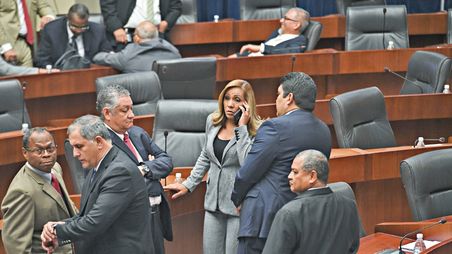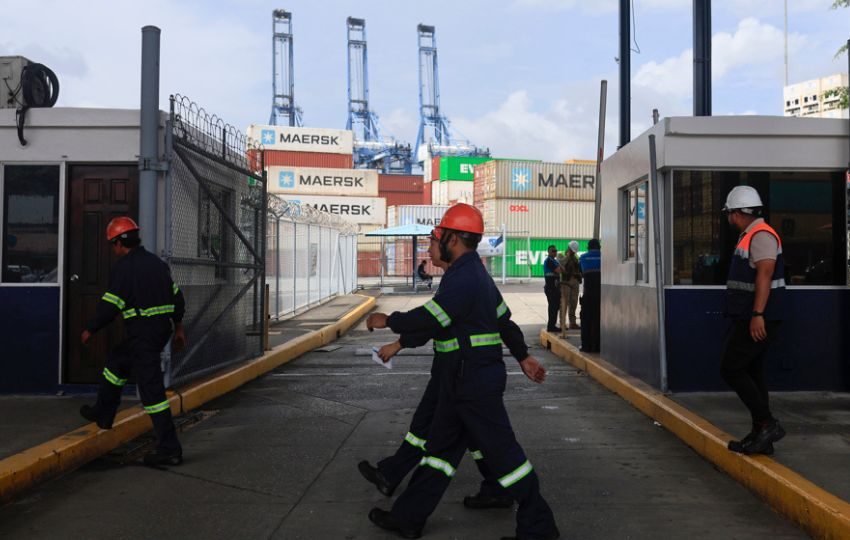Lax lawmakers endanger Panamas financial system

The National Assembly closed its extraordinary sessions on Thursday, December 27 and deputies headed off for another long weekend without discussing a, bill to criminalize tax evasion amid warnings of the danger of returning to a list of financial pariahs.
Minister of Finance, Eyda Varela de Chinchilla, warned that not penalizing evasion has a “very high cost for Panama”.
She was echoed by her predecessor Dulcidio De La Guardia, who through Twitter said that “the indifference” of the Assembly in not approving the initiative would cost all Panamanians dearly.
A Ministry statement warned. that for more than a year the country has been discussing the law to prevent Panama from falling back into the gray list of the International Financial Action Group (FATF).
The Financial Action Group of Latin America analyzed a few weeks ago, during its plenary meeting in Ecuador, the country’s technical progress to close gaps and comply with the recommendations of the FATF.
On Friday. The Panama Banking Association which brings together 70 banks warned that Panama is exposed to isolation and being identified as an accomplice to tax crimes.
To not penalize evasion, said the agency, , “will have dire consequences”, because it could cause a “hardening of credit conditions and greater difficulty in obtaining loans, which could cause a heavy blow to the economy”.
Chancellor Isabel de Saint Malo said on Twitter:”It is necessary for the Assembly to understand that this project is central to national interests. I do not lose hope that this is the first project I will tackle in 2019.”
Severo Sousa, president of the National Economic Council, said that, after the deadline for extraordinary sessions, the Assembly “must commit to discussing the project with priority as soon as it restarts [ordinary] sessions next week.”
Bill 591 was approved in the first debate on the night of October 29 of this year by the Government Commission.
It was agreed that in order for money laundering to occur, there must be a prior offense from which the ill-gotten money originates … corruption, drug trafficking, terrorism, human trafficking and a long list of illegal activities,. $300.000 is the amount from which the evasion will be considered a crime.





